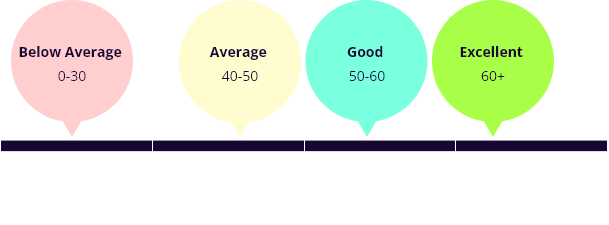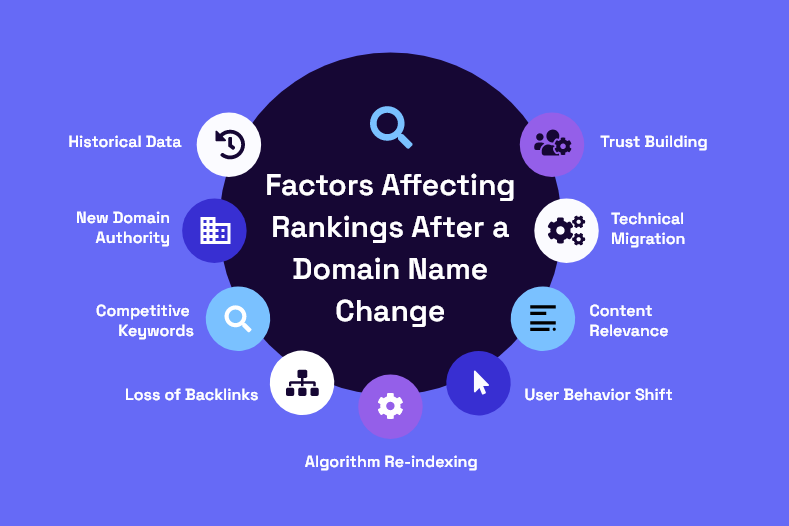Why is my website not ranking after a domain name change?
So, you’ve got a brand-new website with a shiny new domain, but the Google results aren’t rolling in as expected. Wondering why? It’s probably because of something called Domain Authority. Stick around to find out why ranking after changing domain names takes time and, more importantly, how you can speed up the process.
-
 Chrisa
Chrisa

New Domain vs SEO Rankings
So you’re planning to switch your website’s name, especially for a new launch or rebrand, but is it a good idea to do so? Well, yes, always yes, but you gotta be prepared. Rule 1, you first need to understand how this change affects search engine optimisation (SEO) and how to handle it to avoid losing organic traffic.
The next question you should have in mind… does changing your website’s name impact SEO? Yes, it does. If you’re used to being on the first page of Google, switching names will likely shake things up. Your old name has a history and some backlinks that Google loves – (what are these? Just scroll down), but with the new name, it’s like starting fresh once again – building up a good reputation takes time. Now let’s discuss these things further.
What makes a website rank?
Why Your Rankings Are Affected When Changing Domain Name
1. New Webpages Lack Domain Authority
Domain Authority

2. Competition for Popular Keywords
Established and reputable websites have an upper hand as they’ve had more time to build authority and target competitive industry keywords. If, for example, you’re trying to rank for common terms like “shoe shop,” it might be tough initially cause you’re up against the big players, so yes, it’s a tough battle. However, focusing on longer, more specific keywords that cater to your niche and consistently targeting them can work wonders. Remember, starting from scratch is challenging but not impossible.
3. Loss of Backlinks
4. Search Algorithm Confusion
5. Changes in User Behavior
6. Content Relevance Challenges
7. Technical Issues During Migration
8. Trust Building Period
9. Impact of Historical Data





